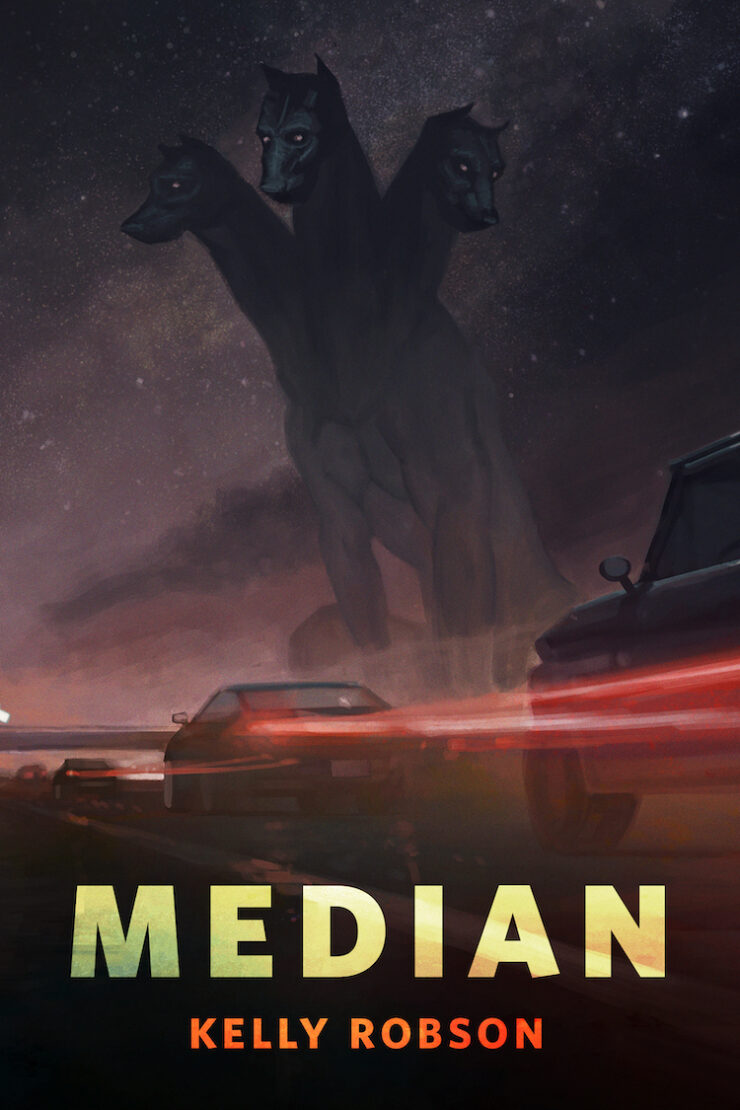My first interaction with Locus was during my time at Clarion West, attending the Locus Awards in 2016. A lot of my peers knew how important Locus was to the community. Truthfully, I didn’t. I might have had a vague awareness of the significance, but mostly I was an aspiring writer, unpublished, and awestruck at all the authors I was sharing space with at the awards show.
I wish I could say that I corrected my ignorance right away.
When my debut novel The Lesson came out, it was reviewed by Locus. Not once, but twice! Arley Sorg also reached out to do a feature on me. It was the first issue of the magazine I ever received, and I flipped through to see the full-page spread, delighted, flabbergasted, and cringing a little at my choice of wardrobe for the photo. After the emotions settled, I flipped through the rest of the book, reading other articles. That’s when I really realized just how essential Locus was to the community.
It wasn’t just the awards, reviews, or the interviews. It wasn’t the public interest stories or coverage of conventions. That’s just the stuff. The whole is much greater than those parts. Locus is the beating heart of a rapidly growing and shifting speculative fiction community. To keep up, to give context, to offer insight into this genre is nothing short of herculean. And Locus does all this with just a small team of passionate people who love and value the work.
I’ve been lucky enough to get all three of my novels reviewed by Locus, and I’ve been extra fortunate to make Locus‘ Recommended Reading List, surprised each time by being considered and blown away by the company I was in. But I literally can’t put into words how I felt when Many Worlds, or The Simulacra, an anthology co-edited by Josh Eure and myself, was reviewed by Locus.
Many Worlds is a project I’ve poured my heart into, an experiment in creating solidarity through shared worlds, shared authorship, and shared creative governance. In 2020, I started the collective. By 2023, we were on our way to publishing our first anthology with Radix Media, a small cooperative print shop and publisher. An author collective is a strange beast. An author collective with a shared multiverse anthology published by a small co-op is stranger still, certainly not easy to explain with a simple pitch. I was hopeful, but I was also preparing for the possibility that no one would take much interest in this passion project.
Locus showed up for us. The magazine gave the anthology an absolutely lovely review, a review that recognized the cooperative spirit of the project. “Writing for this anthology wasn’t only collaborating on a shared world but also sharing profits and resources,” wrote Alex Brown. “In other words, writing as community. Do they pull it off? Yes. Pretty well, in fact.” I had to pick my jaw up off the floor.
Every year several speculative institutions shut their doors because of labor challenges or economic precarity. Locus has stuck around. You can read many of their essays, interviews, updates, and reviews online. That coverage is worth so much more than a subscription, and yet Locus has remained dedicated to making their work accessible.
Coverage of the arts requires labor. That labor should be sustaining for those who do it. And we, the community that benefits from that coverage, have to follow through on our end when we can. Any little bit goes a long way to keeping these institutions alive in a time when this sort of work is increasingly devalued.
Currently Locus is in their final days of fundraising for the next year. They still have a long way to go before they reach their goal.
I am grateful for all the time and energy Locus has put into recognizing my work. I know many writers feel the same way. Locus shows up. They’ve been doing this for a long time and they’re still here, grinding on all our behalf.
It is critical that we help them get where they need to be.










